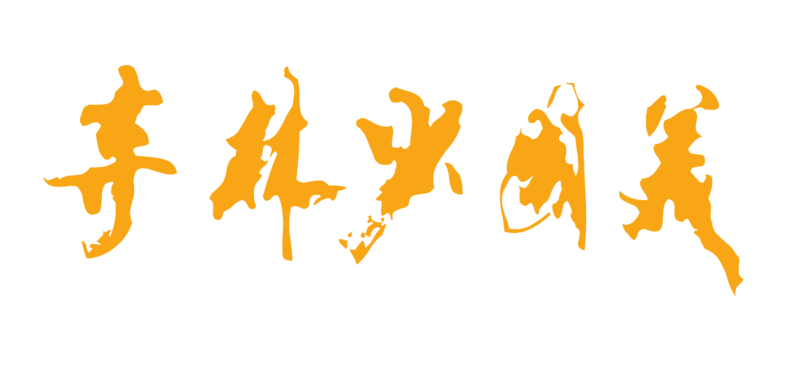
Select Page

Select Page
Wooden beads handmade from Henan, China, curated by Shifu Shi Yan Ming's brother.
Marble wood with Buddha engravings.
Traditionally, Buddhist have 108 beads, representing the 108 human passions that Avalokiteshvara assumed when telling the beads. This number also ensures the worshipper repeats the sacred mantra at least 100 times, the extra beads allowing for any omissions made through absentmindness in counting or for the loss or breakage of beads. Malas of 111 beads are also common, and derive from this same idea.
A lesser number of beads is also seen in various forms of Mahayana Buddhism, usually a number divisible by three. In Pure Land Buddhism, for instance, 27 beads rosaries are common. Many Chinese rosaries have only 18 beads; one for each of the 18 lohans.
Before being knotted, the string is passed through a large central bead and two smaller beads. These three additional beads keep the rest in place and indicate the completion of a cycle of mantras. They also symbolize the Three Jewels of Buddhism: the Buddha, the dharma, and the sangha. The hidden string that passed through all the beads symbolizes the penetrating power of the Buddhas.
Functions and Uses of Buddhist Prayer Beads
Mantras are often repeated hundreds or even thousands of times. The basic function of the mala is to allow one to think about the meaning of the mantra as it is chanted without having to also concentrate on counting the repetitions. Each time the mantra is repeated, the fingers move to the next bead.
Prayer beads are generally worn as bracelets, usually by followers of the Japanese and Tibetan esoteric schools of Buddhism. But priests often carry longer strings of beads as necklaces. Many paintings of important Buddhist priests or patriarches show them seated on a platform wearing robes and handling rosaries.